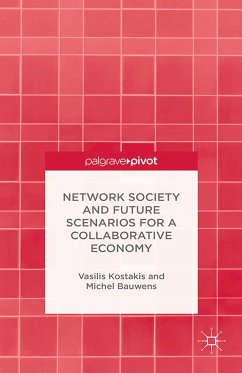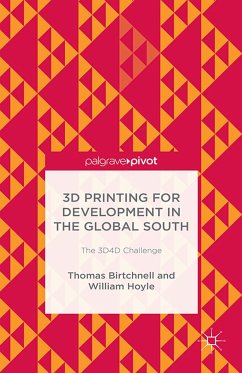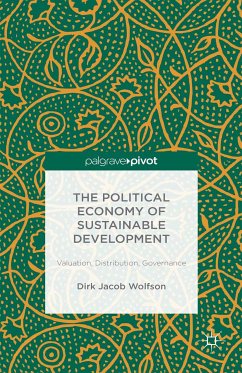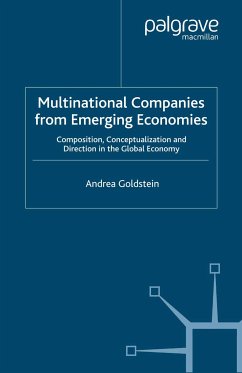
Network Society and Future Scenarios for a Collaborative Economy (eBook, PDF)
Versandkostenfrei!
Sofort per Download lieferbar
40,95 €
inkl. MwSt.
Weitere Ausgaben:

PAYBACK Punkte
20 °P sammeln!
This book builds on the idea that peer-to-peer infrastructures are gradually becoming the general conditions of work, economy, and society. Using a four-scenario approach, the authors seek to simplify possible outcomes and to explore relevant trajectories of the current techno-economic paradigm within and beyond capitalism.
Dieser Download kann aus rechtlichen Gründen nur mit Rechnungsadresse in A, B, BG, CY, CZ, D, DK, EW, E, FIN, F, GR, HR, H, IRL, I, LT, L, LR, M, NL, PL, P, R, S, SLO, SK ausgeliefert werden.












